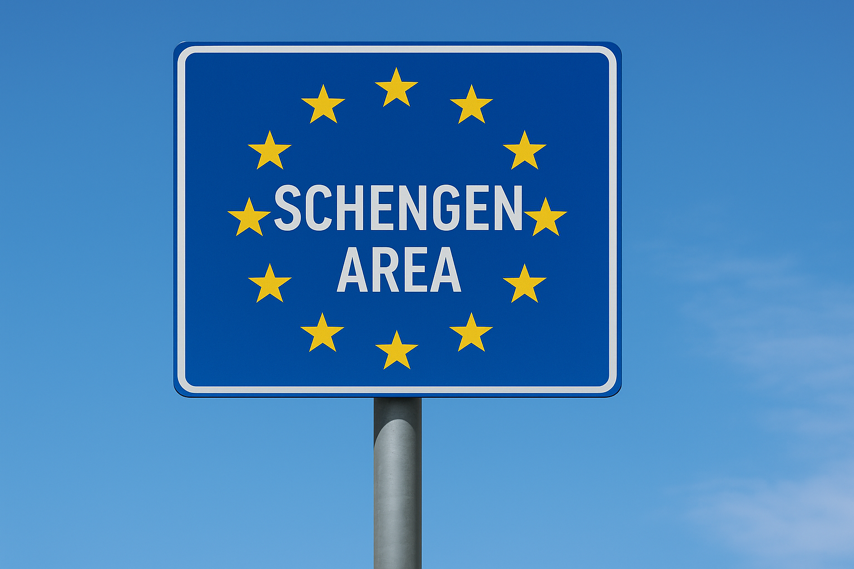Schengen under pressure as European countries reinstate border controls
The Schengen Area, long regarded as a key symbol of European integration and free movement, is facing growing challenges as several member states reinstate border controls in response to security and migration concerns. Currently, 11 of the 29 Schengen countries have reintroduced controls, many of them maintaining the measures for extended periods.
Under the Schengen Borders Code, member states are permitted to temporarily reimpose border checks in exceptional and justified circumstances. However, Germany, Austria, the Czech Republic, Denmark, and Italy have used this provision on a near-continuous basis, citing reasons ranging from illegal migration and cross-border crime to internal security and major public events. Although member states are required to notify the European Commission of such measures, the Commission has limited tools to challenge these decisions effectively. As a result, border checks have become more entrenched, raising concerns about the future of one of the EU’s significant achievements.
At the same time, member states are taking varied approaches to handling returning migrants. Some rely on formal procedures under regulations such as the Dublin III Regulation, while others use expedited methods, with decisions often made at the discretion of border police and without full administrative processes. In recent months, Germany has intensified its measures along the Polish border, returning individuals immediately after detention and often without allowing them to apply for asylum. German authorities view this as a successful strategy for reducing asylum claims and managing migration flows. However, critics argue that this practice shifts the burden onto neighboring countries, particularly Poland.
The situation has contributed to social tensions in Poland, where grassroots groups of residents and activists, known as social patrols, have emerged along the western border to protest what they see as the unfair transfer of migrants from Germany. Protests in towns such as Świnoujście, Słubice, and Lubieszyn have led to border blockades, police interventions, and the use of tear gas. Opposition parties have called for stricter border controls and swift returns of migrants.
The Polish government initially maintained that it was managing the situation and safeguarding national sovereignty but did not formally oppose Germany’s actions. Prime Minister Donald Tusk addressed the matter publicly only after several weeks of mounting public and media scrutiny, stating that he would seek explanations from the German government and emphasizing that Poland should not become the destination for all migrants redirected from German territory. Some observers characterized the government’s response as delayed and cautious.
Poland currently lacks a clear and comprehensive migration policy, often responding reactively to developments in neighboring countries. Migrants returned from Germany frequently arrive without clear legal procedures, leaving Polish authorities without a consistent approach or strategy. Analysts warn that in the absence of decisive policy and coordination, Poland risks losing control over migration management and could become subject to decisions made by other countries. Furthermore, prolonged governmental inaction could allow grassroots initiatives to dominate the public discourse, introducing greater volatility and uncertainty into an already sensitive issue.
Observers caution that failing to address migration policy proactively can ultimately undermine state authority and stability.
Source: WEI









